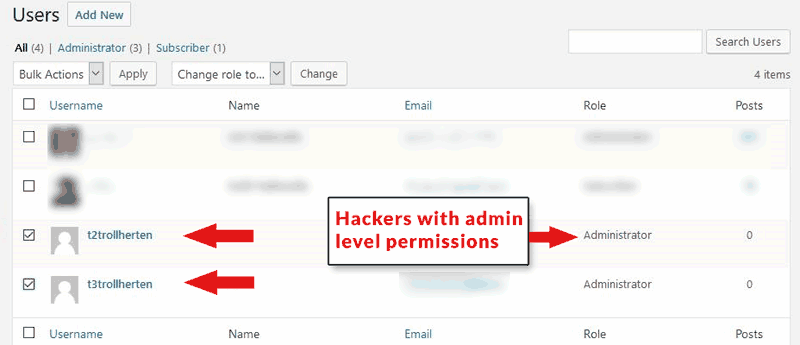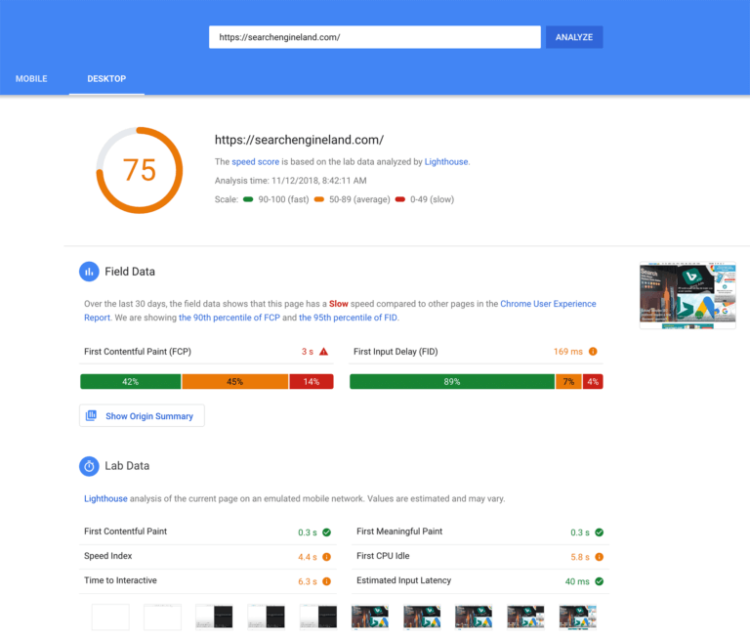No one likes to think about getting hacked in November; there’s just so many other exciting things to ponder, like holiday shopping, eating turkey, eating stuffing, eating yams, eating pecan pie or eating anything really.
Alas, we must now put our forks down for this edition of the Content Marketing Weekly, which kicks off with an extremely important announcement.
WP GDPR Plugin Hacked – Update Immediately
And by immediately, you hopefully have already updated because this story broke days ago, and the actual attacks have been going on for weeks.
A Version of the WordPress GDPR Compliance plugin predating 1.4.3 is vulnerable to intrusion by hackers, according to Search Engine Journal. If that describes your version of the popular plugin, stop reading and click here to update immediately (this article isn’t going anywhere, but your data might be).
The plugin vulnerability is a privilege escalation flaw, meaning it lets unauthorized users achieve administrator-level access. Here’s what that looks like:

The picture above is of a WordPress control panel which clearly shows some shady characters snooping around.
The irony of a plugin that was meant to help you protect data privacy becoming a liability to data privacy is not lost on us, and it’s a clear sign of the times we’re living in. But the lesson here is that cyberattackers will exploit vulnerabilities that are left unpatched. We saw it with Equifax, we saw it with NotPetya, we saw it with WannaCry and now we’re seeing it with WordPress plugins.
Patch your software, and help us keep “the cyber” safe.
Read more about the WP GDPR plugin vulnerability at Search Engine Journal.
IAB: Mobile Drove Paid Search Growth in First-Half of 2018, Desktop Revenue Flat
On to less urgent but no-less interesting matters, digital ad revenues reached an all-time high of $49.5 billion in the first half of 2018, according to the Interactive Advertising Bureau. This represents a 23 percent increase over 2017’s $40.3 billion.
But the more telling stat is that mobile advertising drove 62.5 percent of total revenues, compared to desktop, which accounted for 37.5 percent.
Maybe this isn’t shocking, as it more or less lines up with the trends we’ve seen in preceding years: mobile revenues growing, desktop remaining flat.
For now, search is still the most dominant digital marketing channel by revenue, but other mobile mediums such as video are catching up fast.
Check out the full article on Search Engine Land for more key data points.
Google PageSpeed Insights Tool Gets a Major Update With More Data from Lighthouse
Google has pushed the first update for its PageSpeed Insights Tool (PSI) since early 2018, and it’s a big one. The main overhauls include the use of Lighthouse as the new analysis engine, and the incorporation of field data supplied via the Chrome User Experience Report (CrUX).
A glimpse at the new dashboard layout.

The purpose of PSI is to analyze the content on a given webpage to provide recommendations that can boost its speed. Bear in mind, a page’s speed and performance will impact its search-engine ranking.
This most recent update is crucial for web developers and site administrators because it unifies Google’s tools under a single analysis engine, which ensures that speed and performance insights will be consistent across applications.
PSI will provide four types of information going forward, according to Search Engine Land:
- Lab data.
- Field data.
- Opportunities.
- Diagnostics.
- Audit.
Check out the full article here to learn more about what these are and how this upgrade might affect you.

10 Most Important PPC Trends You Need to Know in 2019
‘Tis the season for content marketing prognostications. We’re halfway through November, which means it’s time to begin contemplating the year ahead in a variety of arenas, not the least of which is pay-per-click marketing.
PPC marketing had a big 2018, as we saw everything from a Google AdWords rebrand (now just “Google Ads”) to Amazon’s first foray into the space.
But according to Search Engine Journal, “that’s just the beginning.” The pundits have plenty of bold predictions in store for 2019. Some examples include the death of the keyword (long live context and people), a heightened focus on video (notice this is a recurring theme) and more AI and automation (no surprise there, really). What a time to be alive.
We don’t want to spoil this interesting read, though, so we’ll leave it at that for now, and let you scroll through Search Engine Journal et al’s top picks for PPC trends of 2019.
Until next week, folks.





